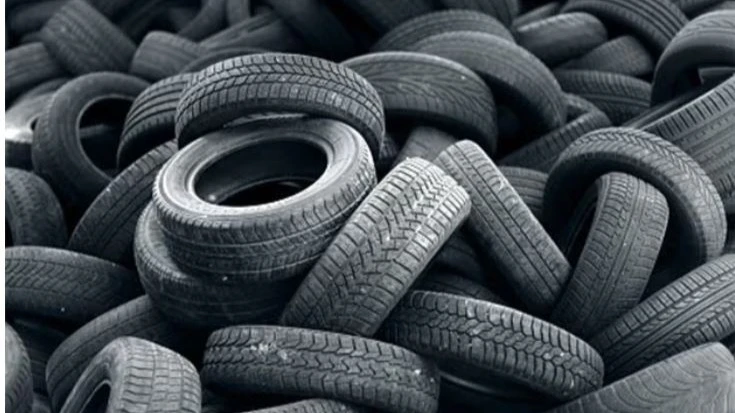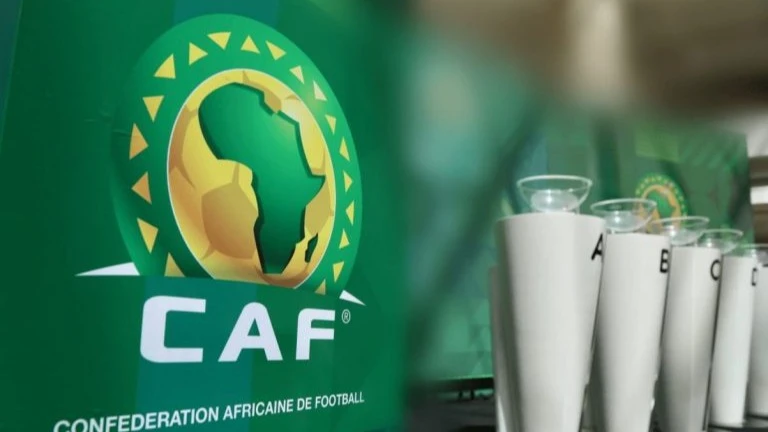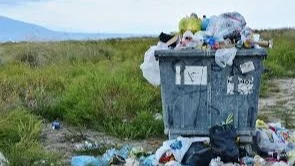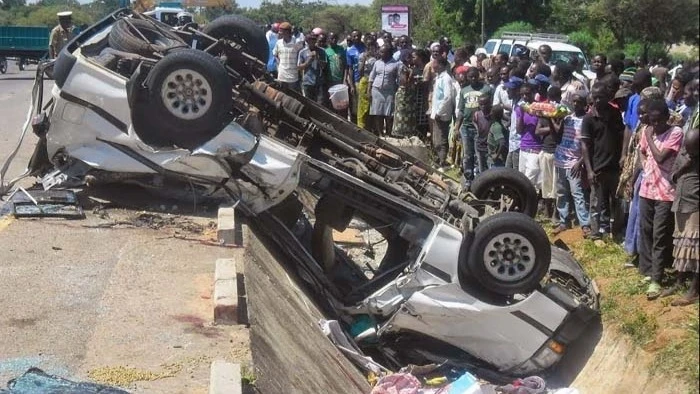War on counterfeits just cannot end as the cost could prove catastrophic

THAT Tanzania is one of many countries that have for decades on end suffered flooding by cheap imitated imports as well as locally made products, ranging from pharmaceuticals, clothes, electronic goods and building hardware, to mention but a few.
It has experienced this even as it has all along had in place several agencies charged with pre-shipment and post-shipment inspection, at times with overlapping duties.
Despite what could be regarded as water-tight procedures for vetting imports and all manner of other items, fake goods have kept streaming into the market at a pace betraying the fact that corruption is among the vehicle facilitating their proliferation.
Numberless locations in the country, arguably the leading ones including the sprawling Kariakoo market zone in Dar es Salaam and its ‘equivalents’ in the likes of Moshi, Arusha, Mwanza and other major towns, have long gained notoriety for not only selling but also actually producing fake goods fraudulently marketed as branded products.
In such areas, shops sell substandard and outright fake products of every kind and people, especially those in the low-income category, tend to go for them no matter what.
In the main, this is because fake goods usually sell cheaper than the genuine or branded ones, and not many ‘ordinary citizens’ can afford the latter kinds.
Given the hard economic times, with endlessly escalating transport and production costs, family budgets are stretched and household members are finding it increasingly difficult to make ends meet.
Admittedly, substandard goods often serve as “safety valves” for low-income earners, but they threaten public safety and health, and impact on sales figures of local industries to the extent that some are even threatened with the constant possibility of closing shop.
For this reason, there is absolutely no reason to tolerate this flawed trade, at least because what it does is to harm the country’s economy. Even worse, selling imitations of registered products amounts to trademark infringement.
A country that ignores the existence of such a danger invites unregulated trade, which results in less revenue collection and foreign exchange earnings.
The media have kept running reports on officials from the Fair Competition Commission and various other state agencies ensuring the confiscation and destruction of counterfeit items worth hefty amounts of money in surprise crackdowns mounted intermittently in various parts of the country.
There is a growing feeling that the penalties meted to offenders taken to court are far from inadequate as deterrents, with some people suggesting that long jail sentences, heavy fines and closures of businesses would be more appropriate.
The use of substandard electrical and other appliances has on numerous occasions led to tragedy, including loss of life and limb.
Likewise, the increased death toll on our highways has increasingly been blamed on the use of fake tyres and vehicle spare parts.
In fact, a major public service vehicle company once almost went into liquidation simply because of its buses were involved in horrific accidents. The firm’s proprietors struck back by heaping all the blame for their “misfortunes” on a huge stock of the imported tyres they were using – but to what good?
The list of incidents of this tragic nature is near-infinite. The bottom line: We need to fight the production, marketing, sale and use of fake or otherwise substandard products fiercely and with all the resources at our disposal.
Top Headlines
© 2025 IPPMEDIA.COM. ALL RIGHTS RESERVED

















